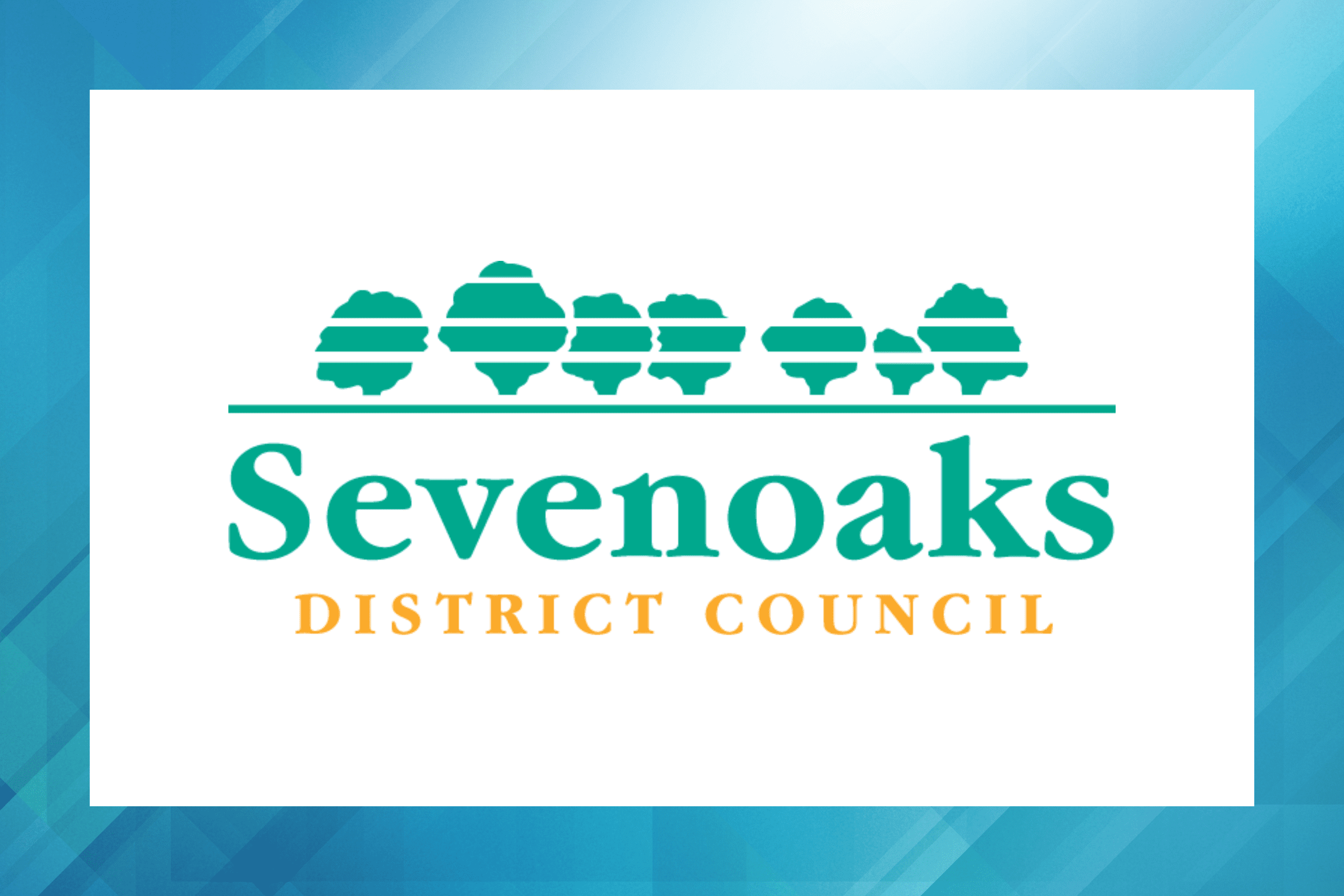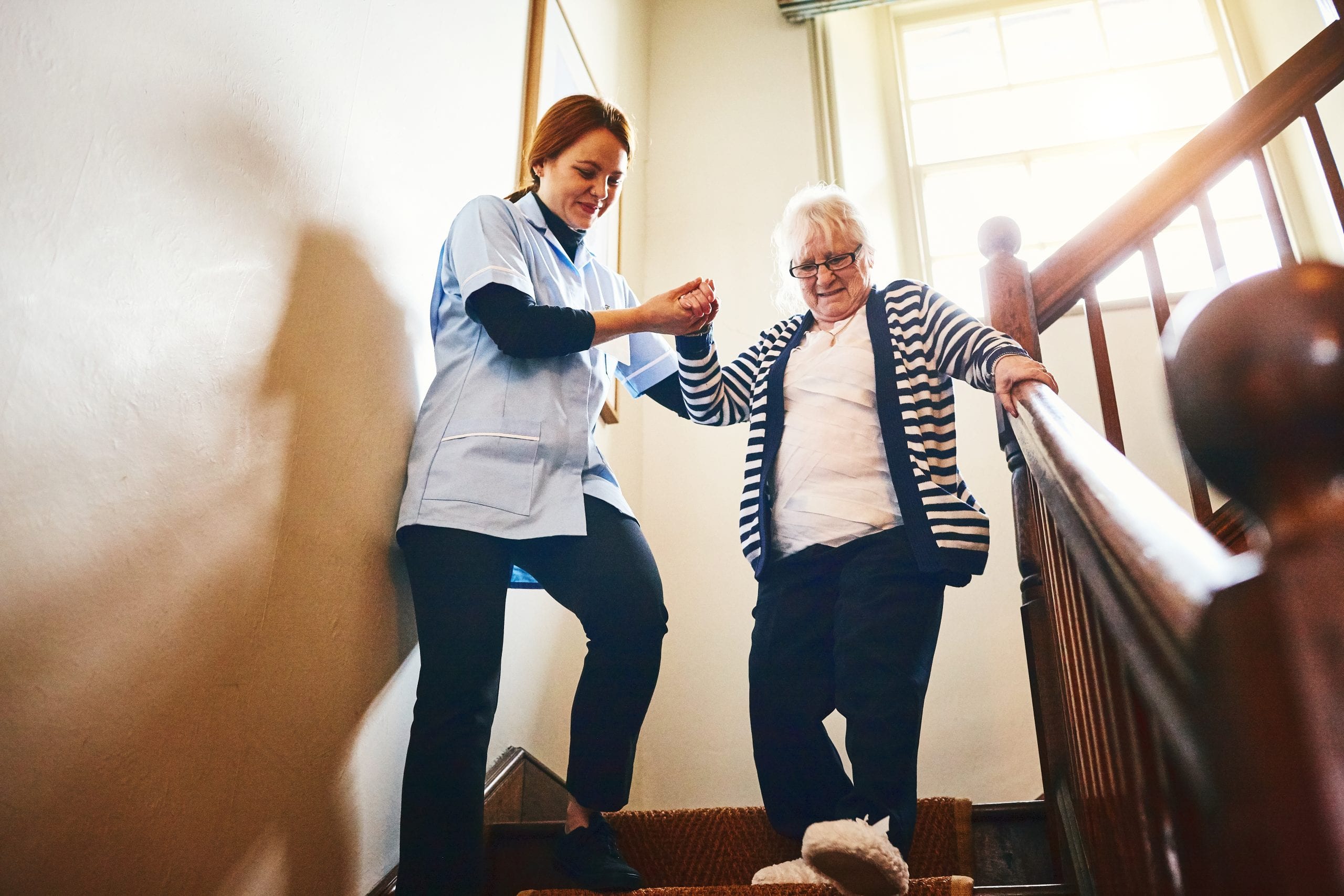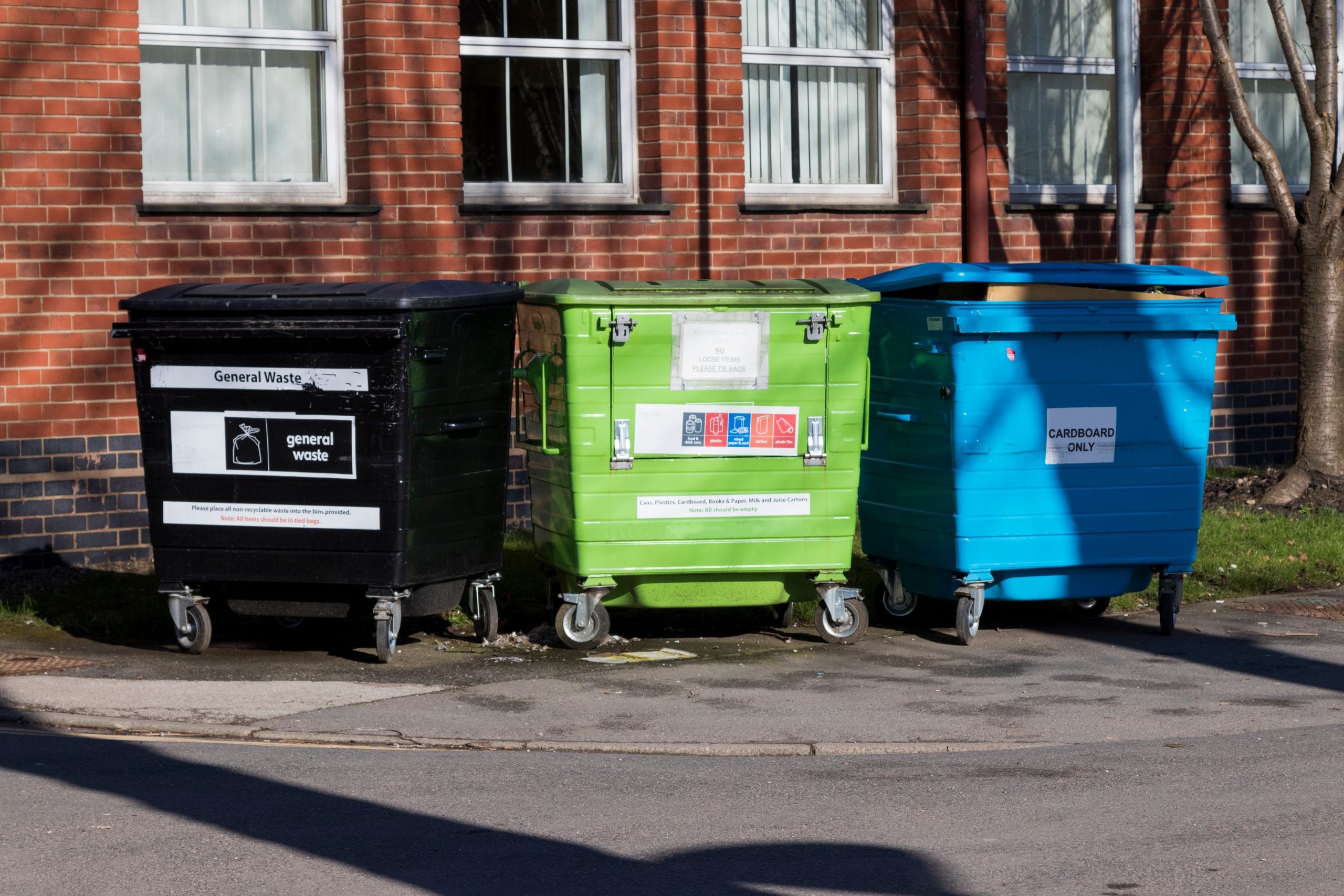How To “Do A Sevenoaks”
Published on 14/07/22
Sevenoaks District Council has been engaged in a programme of change for the last ten years, making changes to services and staff culture in a bid to keep balancing its books in the absence of central government funding. Here we look at how it has achieved this transformation and at its most recent iESE award win.
When Sevenoaks Leader Councillor Peter Fleming talks through a whistlestop tour of the last ten years he describes it as: “How they got from point A to point B without imploding”. The journey started when the organisation realised it was facing cuts in direct Government support and took measures to become self-sufficient: “When I got elected in 1999, that year our net revenue spend was £16m and about half came from the Government and half from the Council Tax payer. Fast forward to last year, our revenue budget was £15m and none was in direct Government support,” Cllr Fleming explains.
When other local government leaders and officers seek advice on ‘how to do a Sevenoaks’ Cllr Fleming confesses nobody really wants to know the truth of how the organisation cut a third of its net revenue spend between 2010 and 2011: “I get the sense they have put their fingers in their ears and are waiting for the magic bit,” he says.
There was no magic, however, just a hard look at the Council’s services over the course of two years, which cut spending but also sought to improve the service offered. Taking the example of a minibus service for the elderly, which had been costing £500,000 a year to run, the Council asked users what they thought of the service. “It transpired that it picked people up on a day they didn’t want to be picked up, at a time that was inconvenient for them, took them to a place they didn’t really want to go to and they either had too long or too little time to do what they needed to do,” Cllr Fleming explains. After a year, the service was stopped with no complaints and users were redirected into other local services and those offered by the voluntary sector: “That gave us the confidence to look at how you don’t just stop services but reshape and reprovision them,” he adds.
After this came the introduction of a ten-year rolling budget and twenty-year financial plan which allowed the Council to stop taking short-term decisions. They also removed departments holding onto money at year end, changing inter-departmental relationships. A hike in diesel one year left a hole in the budget for in-house services like refuse collections but the housing department manager offered unneeded budget to meet the shortfall: “I don’t think there are many councils where that would happen. We have a mature model where departments ask for the money when they need it, rather than asking in advance of need,” he explains.
Additionally, the Council started investing in property, and set about making a cultural change of how members and officers worked together, with Sevenoaks District Council being the first public sector organisation to be awarded the prestigious Platinum Investors in People Award in 2016 – an accolade it has retained since. “It is about challenging people but also investing in people, listening to them and taking them on the journey with us. I don’t think we would have been able to do what we have done if we hadn’t taken members and officers with us and changed our attitude to risk as an organisation,” he adds.
A win for the community
Sevenoaks District Council received a Bronze award at the iESE Transformation Awards 2022 in the Community Focus category, recognising the innovative way it supported a new voluntary organisation called Care For Our Community, started by Sevenoaks resident Eliza Ecclestone at the start of the pandemic.
Ecclestone had the idea for Care For Our Community, a matching service to link volunteers with those needing help, just before the first lockdown. She approached Cllr Fleming who gave encouragement and put a team in place to assist. Ecclestone set up a social media page and started to spread the word. Within 30 minutes there were 200 volunteers, in 24-hours there were 1,000 volunteers and 1,500 by day two. These were divided by parish with a lead volunteer for each parish and they quickly set about putting leaflets through every door in the district about Care For Our Community.
“Cllr Fleming is a very innovative leader and so I knew he would be interested in helping and the council Chief Executive, Pav Ramewal, leads with a can-do approach. The fact that we were busy finding out who needed help and who was prepared to help meant the Council could focus on what the help might look like from its perspective,” Ecclestone explained.
She added that the council’s involvement was essential due to the volume of volunteers and safeguarding and health and safety issues. Since 1,500 volunteers could not be DBS checked quickly, and because volunteers were not entering homes and children were not involved, Sevenoaks set up a system to check volunteers against the electoral register before posting them a numbered badge. It also spoke with organisations such as the police and supermarkets to gain recognition of the badge.
Ecclestone was awarded the special Chairman’s award at the recent iESE Awards but said she saw herself as a representative of people across the country who had set up similar schemes: “Although I felt able to set this up and run it for the short term, it was never something I could maintain. Nobody knew who I was or what Care For Our Community was so, having the district council putting their name to it and supporting it was huge and clearing the way of difficulties and being innovative was key really,” she adds.
The initiative expanded to include the charities West Kent Mind and Age UK (Sevenoaks & Tonbridge) which helped deliver a telephone briefing service called Telepal for people who were lonely and suffering from the effects of isolation. Although the Council is no longer involved in Care For Our Community the initiative is still running and is currently matching hosts and other offers of help to Ukrainian refugees. Other initiatives such as the Sevenoaks Larder, for those struggling to access Food Banks, also born out of Care For Our Community are still in existence. The Council is keen to keep links with new voluntary organisations and build on the community empowerment Covid has fostered.
Jenny Godfrey, Community Projects and Funding Officer at Sevenoaks District Council who worked on the team linking with Care For Our Community, says: “We have always been good at partnering with the voluntary sector but this was on a whole new level because it is wasn’t just with the more established groups but also with new community groups that have emerged and grown from the pandemic. We don’t want to lose that because they have met a need and the need, although in some cases evolved, is still there.”
Godfrey explained the Council is now looking to emphasise community empowerment in its Community Plan. It has also appointed a Community Mobilisation Officer, a new post with a remit of developing the Community Plan and enriching residents’ lives through community work. “We don’t want to lose this energy and spirt of the volunteers and the fact that we are working so well together. One of the things we have taken from the pandemic is that we are a Council with a difference – we have a can-do attitude but for us to respond in the way we did we had to do things you would never normally do. That has carried on and it has inspired more innovation,” Godfrey concludes.
If you’ve got a story about the fantastic work you are doing in your local authority that you would like to share with the rest of the sector, please get in touch by emailing enquiries@iese.org.uk







